
Blog • Published Date:July 20, 2023 | Updated Date:November 7, 2024 • 8 Min
Business Migration: A Closer Look at Portugal’s D2 Visa
Portugal has a lot of different immigration options available, from its Residency by Investment route (the Golden Visa), its Passive Income option (the D7 visa), to its newly christened digital nomad visa.
However, there is one option that is tailor-made for businesses that often goes unnoticed – the Portuguese D2 visa.
But before we take a closer look at the Portuguese D2 visa, let’s understand what exactly business migration is:
Understanding Business Migration: Active vs. Passive Investment Migration
Investment migration is usually divided into two parts; citizenship or residency, but if you are looking at the matter from an investment asset class perspective, you can re-classify it into active investment migration and passive investment migration.
The divide between active and passive investment migration programs is massive, and it affects every part of the process, from investment amounts, physical residency requirements, and the type of residency permit a person can obtain.
Active investment migration, also known as business migration, refers to immigration channels based on applicants opening and running a business in the destination country. These programs are designed to attract entrepreneurs, help create jobs, service underdeveloped areas, and drive innovation.
Business migration programs usually provide applicants with a work permit, typically issued by their new company, as it will act as their sponsor. After a certain amount of time, and depending on the country, they may qualify for permanent residence or citizenship.
It is crucial to make one matter crystal clear, though, business migration is not better or worse than passive investment migration; it is just different and caters to another type of investor; those who want to expand their business into another country or region while also benefiting from the immigration opportunity.
There are much more business migration programs worldwide than there are passive investment programs, as the benefits business migration brings to a country is more tangible and long-lasting, depending, of course, on the country’s economic growth plan. However, this variety makes choosing the right business migration program quite complex, as applicants must balance between a country’s business environment, living standard, and ease of the immigration program.
In this article, we are covering one of the best business migration programs out there, be it in terms of the process itself or the country of destination:the Portugal’s D2 Visa.
Portugal’s D2 Visa
The Portuguese D2 Visa is one of the simplest business migration programs in the world. It has a very straightforward premise: applicants with a clean criminal record who want to establish and run their business in Portugal can apply for a one-year D2 Visa to do so.
The D2 does not have a minimum investment requirement, which is why it is very popular, as applicants can invest an amount that makes sense within the scope of their business.
The company’s capital only needs to be compatible with the business size and industry. For example, €25,000 would not begin to cover the needs to establish a construction chemical production plant, but it would be more than enough for a boutique IT services firm.
Financial and Other Criteria for D2 Visa Applicants
Registering a business in Portugal ranges between €600-€2000 depending on the company type, and the minimum capital needed for an LLC to be registered is €5,000, making the entire process one of the most affordable ways to obtain a residency permit in the EU.
Applicants do need to prove they have the means to cover their living expenses for the duration of the visa, and that would require the following:
- €8,460 for the main applicant
- €4,230 for the spouse, and
- €2,538 for each child
The D2 Visa is issued for one year and is renewable for one or two years, depending on the business and the applicant’s specific case. As long as the business is active, the applicant has enough money to cover living expenses, and he has no criminal charges against him, he can continue to renew the visa indefinitely.
After residing in Portugal for five continuous years, applicants can then apply for a permanent residency permit or citizenship, and then their status will no longer be bound to their business.

The D2 program is straightforward and quick (it takes only three months to process on average), it is very affordable, has very simplistic requirements, and it has a route to Portuguese citizenship.
Portugal D2 Visa Process
The process of applying for the Portuguese D2 visa is as follows:
- Register a business in Portugal.
- Open a bank account.
- Collect relevant documents, fill out the application, and draft a business plan.
- The application and business plan are submitted to the local Portuguese embassy.
- Once approved, an applicant gets a 4-month landing visa and travels to Portugal to collect their residence permit.
- As long as the business remains active, the visa can be renewed.
Drafting a business plan for an immigration program differs slightly from a traditional one, and a qualified immigration firm can handle the matter on one’s behalf. The most important things to consider when drafting a business plan for immigration purposes are the following:
- Feasibility and scalability of the business.
- Who is financing the business (foreign financing is preferred).
- Why Portugal is the destination of choice.
- An expansion plan.
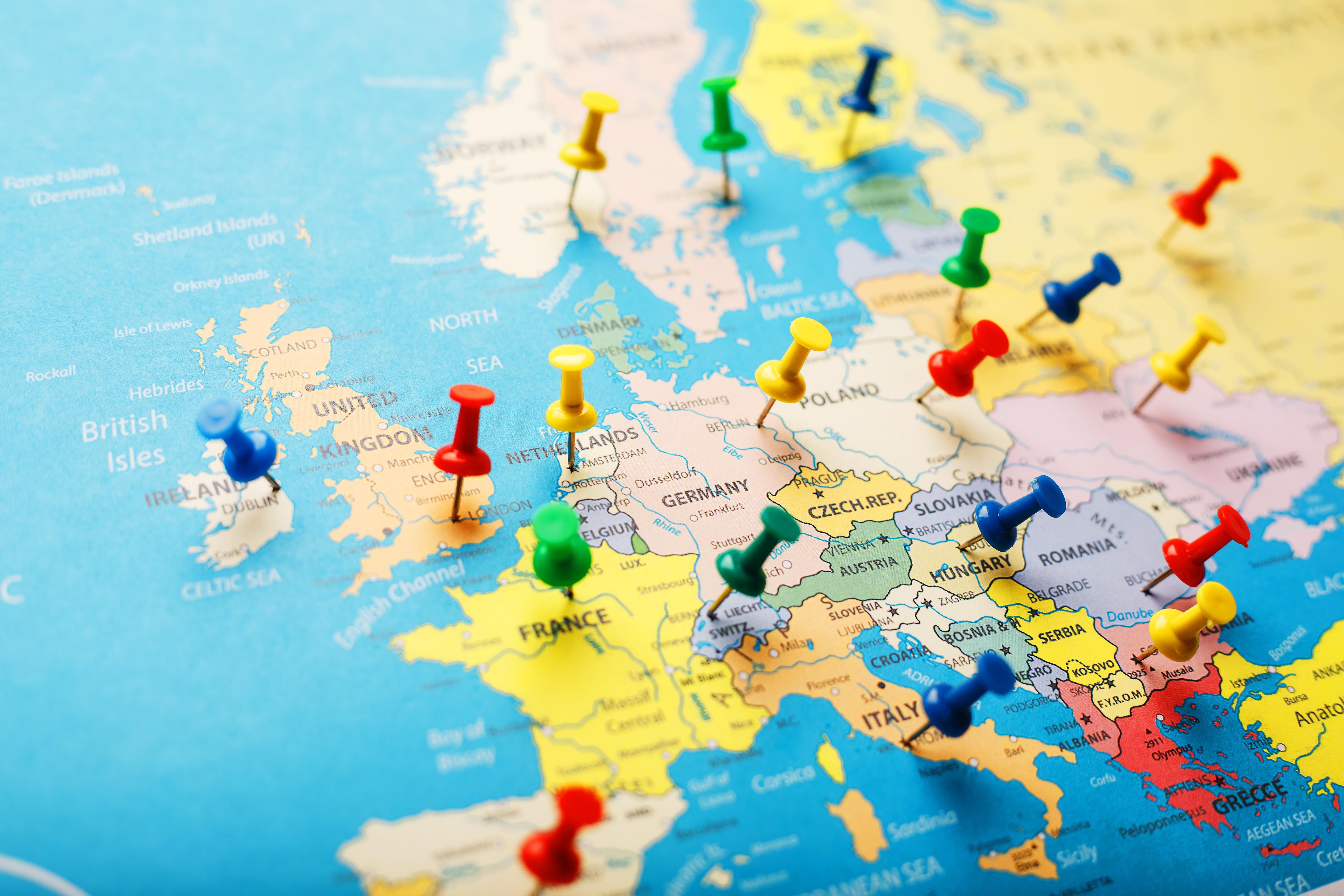
Added Economic Value
This is the most important part, as it will highlight how the business will benefit the Portuguese economy and can be done by showing one or more of the following:
- How many jobs will the business create for locals?
- Export activity of the business.
- How will the business attract new businesses to Portugal?
- Whether the business will serve an underdeveloped region.
- If the business will increase R&D or innovation.
- If the business or the business owner brings specialized knowledge to the Portuguese market.
- Whether the business will introduce a new product or service into the Portuguese market.
Achieving at least one of the added economic value criteria would go a long way in helping the applicant get approval.
Once approved, an applicant only needs to highlight the continuity of the business and their role in it to renew their visa. However, to do so, they must reside for at least six months a year in Portugal. After five years of continuous residence, they can apply for permanent residence or citizenship, and their status will then no longer be linked to their business.
An Excellent Option For Dubai Entrepreneurs
The D2’s simplicity is complimented by Portugal’s business environment. The EU country’s economy is continuously growing, and while experts expect Portugal’s GDP growth to slow a bit in 2023 to 2.4% (it reached an impressive 6.7% in 2022), it is still a substantial indicator of how well the economy is doing.
The number of SMEs grew about 2.5% in 2022 to reach 945,649 businesses throughout the nation. The growing number of smaller companies is owed to the fertile economic environment the pro-business Portuguese government has cultivated in the past few decades.
In fact, the Business Confidence Indicator in Portugal nearly doubled between October 2022 and April 2023, and now sits at a respectable 1.8 level.
The World Bank also ranks Portugal 39th worldwide for ease of doing business on its B-Ready rankings, giving it the best classification of Very Easy.
Portugal also opens the doorway to the rest of the EU, which is one of the world’s leading economic superpowers. The D2 provides an excellent financial advantage as an entry point into the EU, as average operating costs in Portugal is lower than other countries in the EU. In fact, it is 38% lower than that in the French market, and this allows for greater financial savings.
The low operating costs also allow Dubai entrepreneurs to shift some of their operations to Portugal, as the average salary for highly skilled workers in Dubai (€71,743 per year) is much higher than that of Portugal (€39,200 per year), almost 46% higher to give the matter some more context.
The UAE and Portugal already have a double taxation treaty in place, and an entrepreneur can structure their taxes in the most beneficial way to save money for their company.
Small and medium enterprises (SMEs) make up 94% of all enterprises within Dubai; they also make up a staggering 97% of all enterprises in Portugal and are responsible for about 58% of all turnover and 82% of investment volumes.
Both Dubai and Portugal offer SMEs governmental financial support, the former through its National SME Program, and the latter directly through its government.
Trade between the UAE and the EU is also a major attraction for entrepreneurs; the trade balance between the two economic behemoths averaged almost $53 billion in the past few years.
What's Your Next Move?
To know more about the Portuguese D2 Visa, contact us today to book a comprehensive consultation with one of our experts. Our strong bilingual teams at Savory & Partners’ Dubai and Lisbon offices help investors find the best investment options.
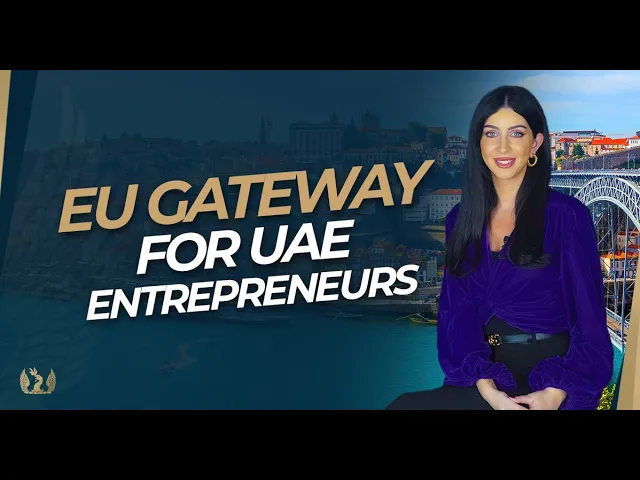
Written By

João Silva
João Silva is a seasoned consultant in the global mobility industry with over 12 years of experience. Specializing in European residency and citizenship by investment programs, João has assisted hundreds of high-net-worth clients in securing their second citizenship through strategic investments in real estate and government bonds.
Related Articles
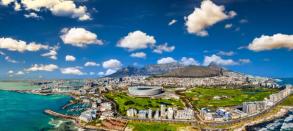

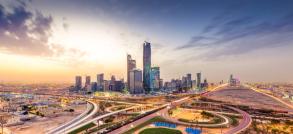
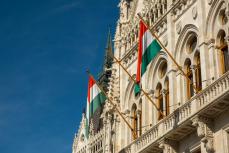

Book a free consultation

